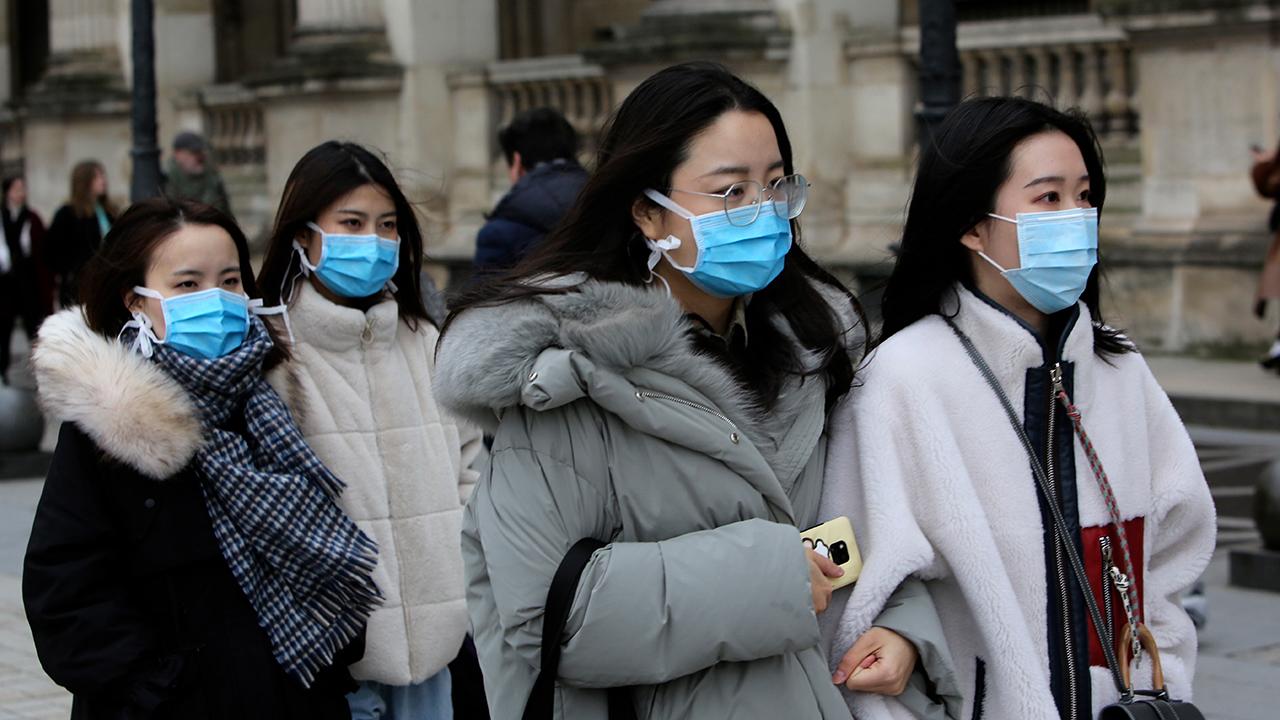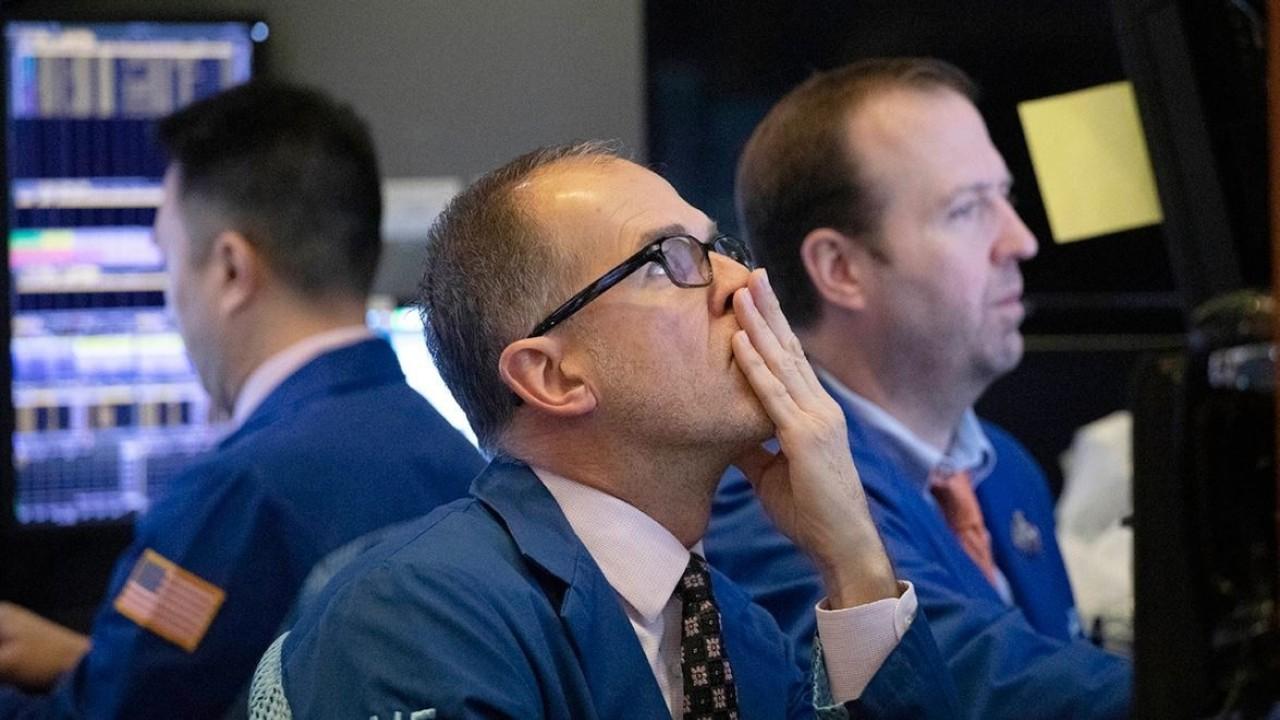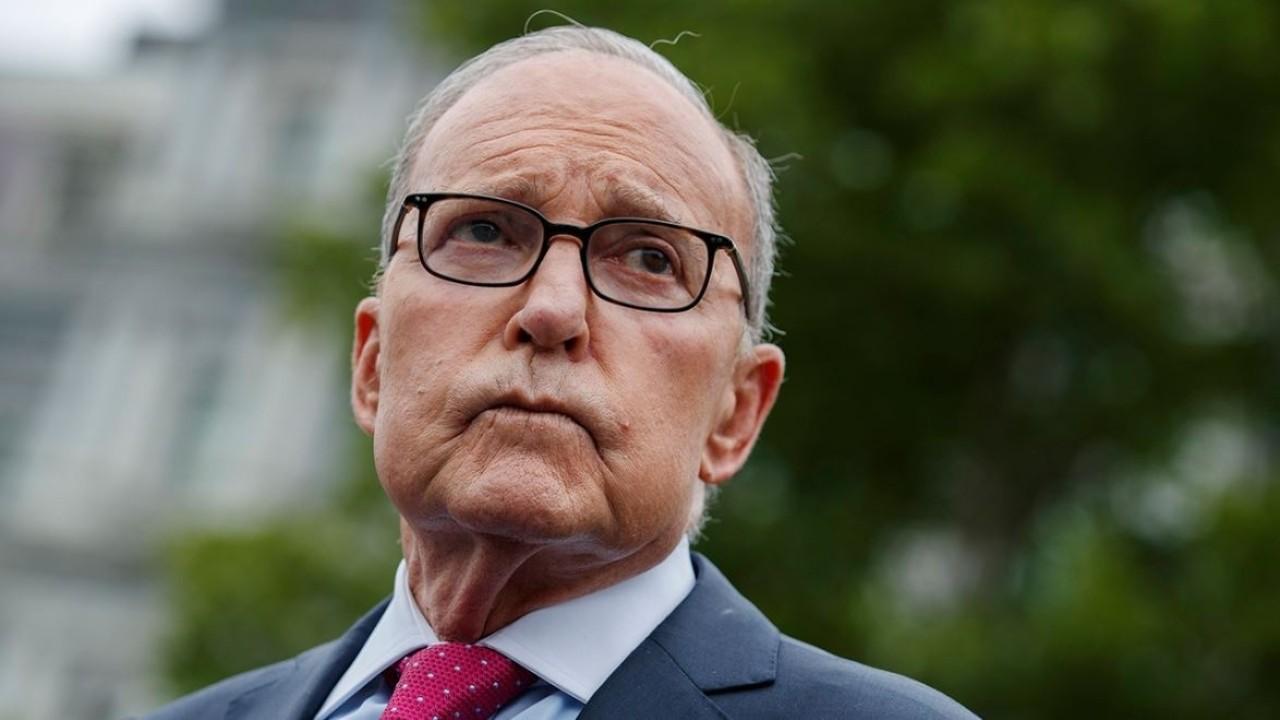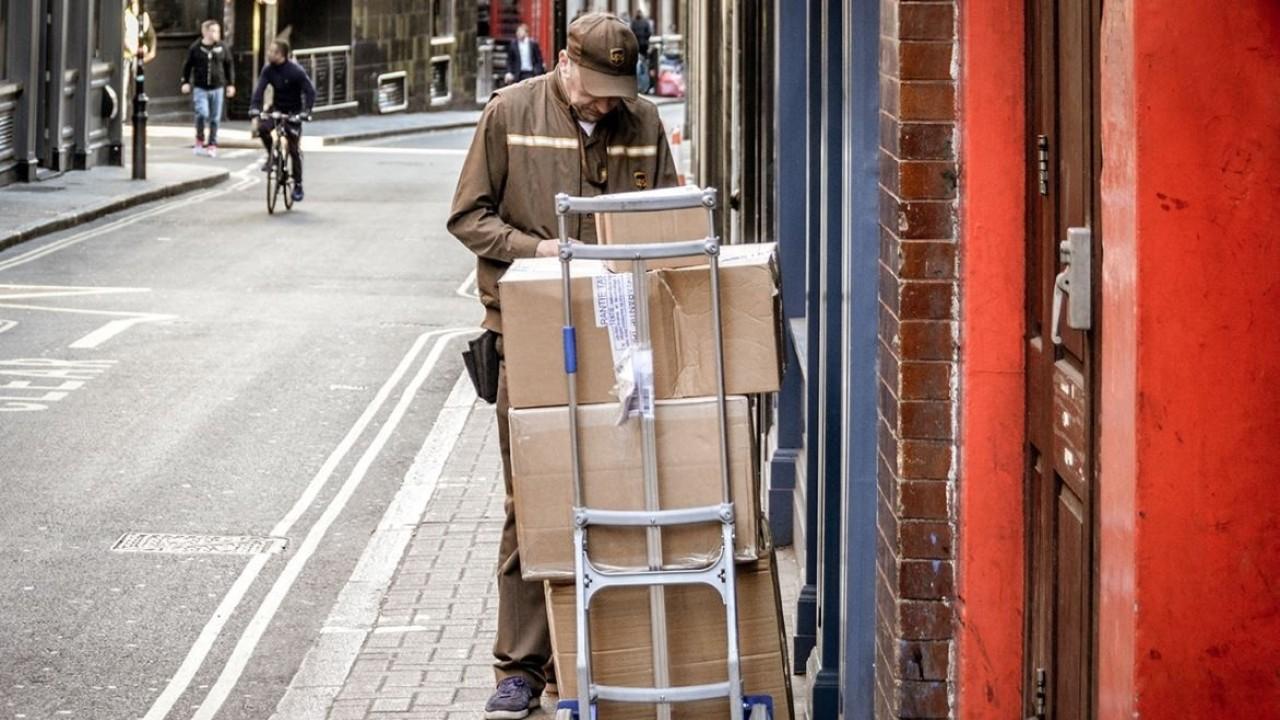Coronavirus and the US retail and travel industry – Here's the big picture
It’s obvious investors are reacting to uncertainly regarding the coronavirus
With all three major U.S. indexes tracking for their worst week since the financial crisis in 2008, it’s obvious that investors are reacting to uncertainly regarding COVID-19, or the coronavirus.
Nailing down the exact potential business implications of the virus is not as straightforward as past headwinds, exacerbated by the 2019 China trade war, political strife in Hong Kong, and simultaneous timing of the Chinese New Year.
CORONAVIRUS SPREAD WILL HIT MALLS 'HARD' WITH SPOOKED CONSUMERS STAYING HOME: RESEARCH FIRM
When examining the effects of the coronavirus on business, particularly retail and travel, it’s important to be objective and avoid lapsing into a panic.
At present, at least 2,800 people have died from coronavirus worldwide as of February 28. In contrast, the CDC estimates that between 16,000-41,000 people have died from seasonal influenza in the United States alone, thus making the traditional flu far more deadly than coronavirus.
That said, because of the initial saturation of coronavirus in the Hubei province of China, where much of the country’s manufacturing takes place, and timing of Chinese New Year (January 25, 2020) whereby all business activity comes to a planned pause, factories have been closed significantly longer than expected.
CORONAVIRUS ‘DAMAGING’ WORLD ECONOMY AS OUTBREAK NEARS 60 COUNTRIES
This will affect U.S. retailers in different ways, pending their China exposure. For example, Chinese consumers were responsible for about 35 percent of all global luxury sales in 2019 (both inside China and when traveling abroad). This number is expected to exceed 50 percent by 2025 per the American Apparel and Footwear Association but with much of the country on lockdown, Chinese consumers have not been purchasing and LVMH, Richemont, Estee Lauder, Ralph Lauren, and other luxury retailers will feel the hit in Q1/Q2.
On the other side of the spectrum, there is also significant China exposure in mass apparel, toys, and furniture, whereby most raw materials sourcing, manufacturing, and packaging happens in the APAC region. Up to 40 percent of all U.S. apparel, 65 percent of U.S. footwear, 80 percent of U.S. toys and 55 percent of U.S. furniture originates in China. This means retailers like Wayfair, Nike and Macy’s will feel the impact with delivery delays that may even run into the holiday season in 2020.
GET FOX BUSINESS ON THE GO BY CLICKING HERE
Retailers who proactively made and implemented plans to exit China, in whole or in part, due to trade war will fare far better than those who stayed entrenched in the region. Hasbro, Abercrombie & Fitch, Home Depot, and Williams-Sonoma are some retail leaders in the shift out of China.
As new cases of coronavirus have slowed in China, global cases have been rising alongside the stigma surrounding the virus.
“We must be guided by solidarity, not stigma,” said Dr. Tedros Adhanom Ghebreyesus, the director general of the World Health Organization, in a speech during the Munich Security Conference.
As the stigma surrounding coronavirus grows, however, travel has waned and airlines and cruise ship operators with significant exposure to APAC also face headwinds.
Coronavirus is expected to cost airlines $30 billion, according to the New York Times, with the hardest-hit U.S. operators being Delta (which partners closely with Korean Air and has a 3 percent exposure to China and 5 percent exposure to APAC), American Airlines (which has a 2 percent exposure to China and 3 percent to APAC) and Hawaiian Airlines (which does not fly to China but does have 26 percent exposure to APAC).
Reductions in service are caused by both low-demand and government mandates restricting travel to certain regions.
Carriers are offering refunds and increased screening services for routes that have not been canceled, thus adding to overhead expenses. With Fox Business noting that honeymoon and wedding travel season is underway, Wynn Resorts, MGM, Hilton, and Marriott have all see share values tumble, as well.
Historically, markets have always bounced back after similar events like SARS and Ebola virus.
Coronavirus COVID-19 will be no different. As our economy becomes increasingly global and the world feels ever smaller, these situations are felt by everyone.
Factories have reopened in China and are operating at (or beyond) capacity to make up for lost time.
We may see some delays or shortages in longer lead items throughout the year, but overall, all orders will be fulfilled and delivered.
That said, coronavirus has once again pointed out the importance of minimizing reliance on China until the country can be held accountable for its manufacturing, technology, privacy and safety practices.
Erin Sykes is a retail and sales strategist, consultant, and QVC Guest Host. She began her career with Estee Lauder, working extensively within international markets, notably Asia and Latin America and later served as CMO of AEDIT, Vice President of Sykes Commercial Development, and Founder of Mission 360. Follow Erin @sykesstyle on social media.























